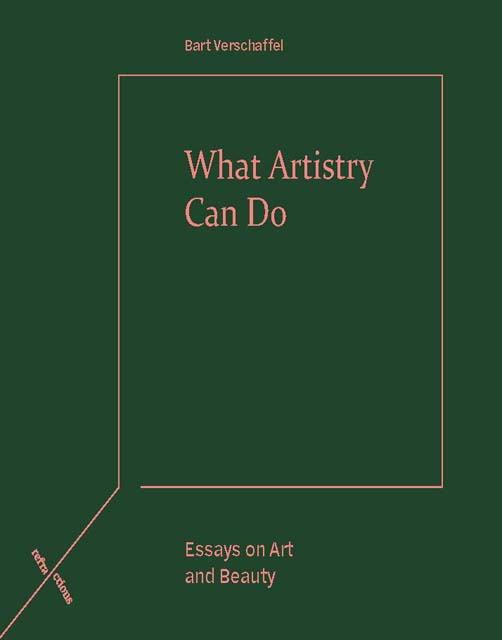5 - Memoria: Memory Work and the ‘Conversation of Mankind’
Published online by Cambridge University Press: 18 November 2022
Summary
Every society must guarantee a form of ‘ontological trust’ for its members. Each therefore safeguards its worldview and imposes an epistemic regime: a set of rules that determine and control how to deal with what it knows. Archaic or traditional societies do so by subdividing knowledge, regulating access to it and veiling it in secrecy. To protect the basic trust in life and ward off panic, these epistemic regimes stick to what they know. As the saying goes: ‘If it ain't broke, don't fix it.’ Western epistemic culture, on the other hand, is characterised by two principles – intricately linked but with distinct histories – that oppose both conservatism and authority.
The first principle, traceable to the Greeks, is our trust in reason, which has narrowed over the centuries into a trust in rationality and ‘scientificity’. Reason is believed to lead to truth: it provides insight into the way things really are. And the capacity to reason – says Aristotle – is also the ‘specific essence’ of the human: the human is defined as a ‘rational animal’, as a creature that naturally strives for comprehension. Curiosity, contemplation and understanding are essential to our being what we are. This is a basic value of Western culture. The second principle, which boasts an equally long and complex history, is the belief in the soul and inner life or – to use a more modern idiom – the emphasis on inwardness and subjectivity. Being somebody does not just – or even primarily – involve building a social persona and selfrealisation in the world, but above all, building an inner ‘self’ that lives a spiritual life consisting of righteous, true and decent thoughts, feelings and desires. Malraux calls this second principle ‘the will to consciousness’ (‘la volonté de conscience’): the attempt to develop an attentive and composed life-of-the-mind.
The Charter of Fundamental Rights of the European Union proclaims that the arts and scientific research are free of constraint. The basic principles of reason and subjectivity create openness and uncertainty, as well as room for doubt, for the awareness of probability, for criticism and discussion. This ensures that technology and material culture, on the one hand, and the vocabulary, meanings and signs by which people live, on the other, are constantly developing and subject to continuous revision.
- Type
- Chapter
- Information
- What Artistry Can DoEssays on Art and Beauty, pp. 47 - 62Publisher: Edinburgh University PressPrint publication year: 2022

